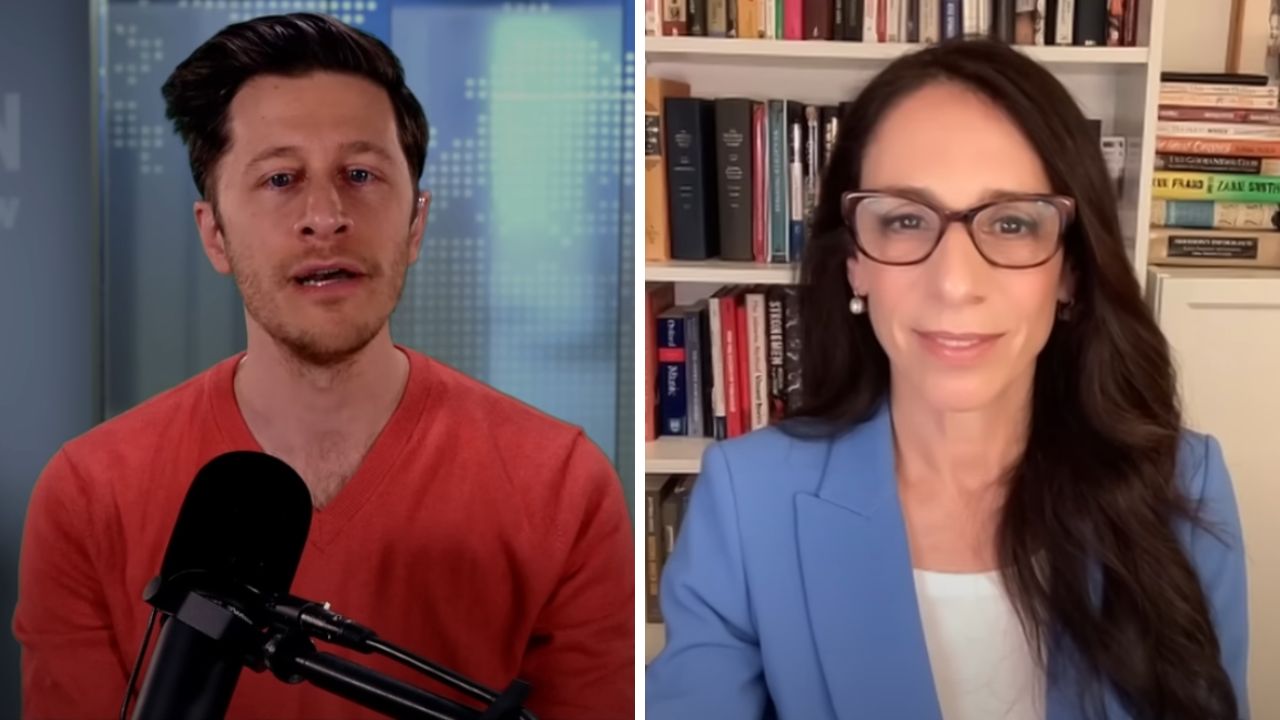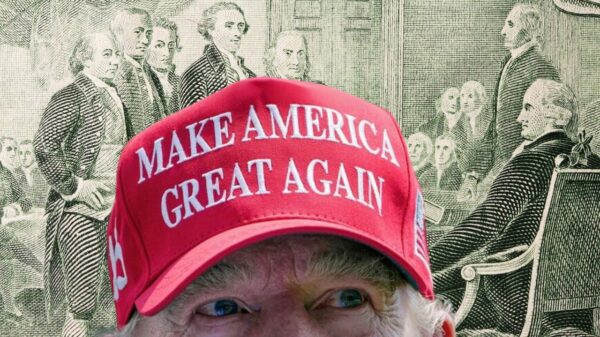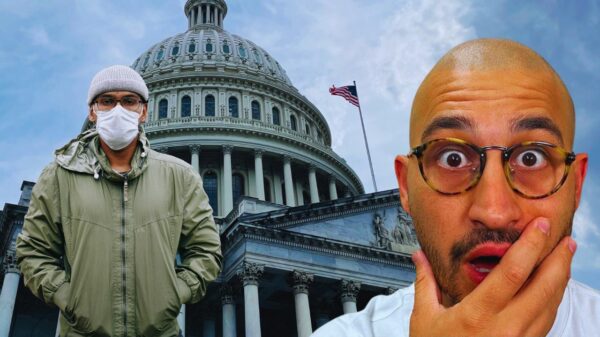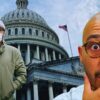In a recent episode of the David Pakman show, host David Pakman delved into the intricate dynamics of religious nationalism in the United States. Joined by Katherine Stewart, author of “The Power Worshippers: Inside the Dangerous Rise of Religious Nationalism,” the conversation shed light on the historical roots and contemporary manifestations of this phenomenon within the Republican Party. Stewart’s insightful analysis provides a compelling narrative of how religious ideology intersects with political power, shaping the trajectory of American democracy.
Tracing Back the Origins
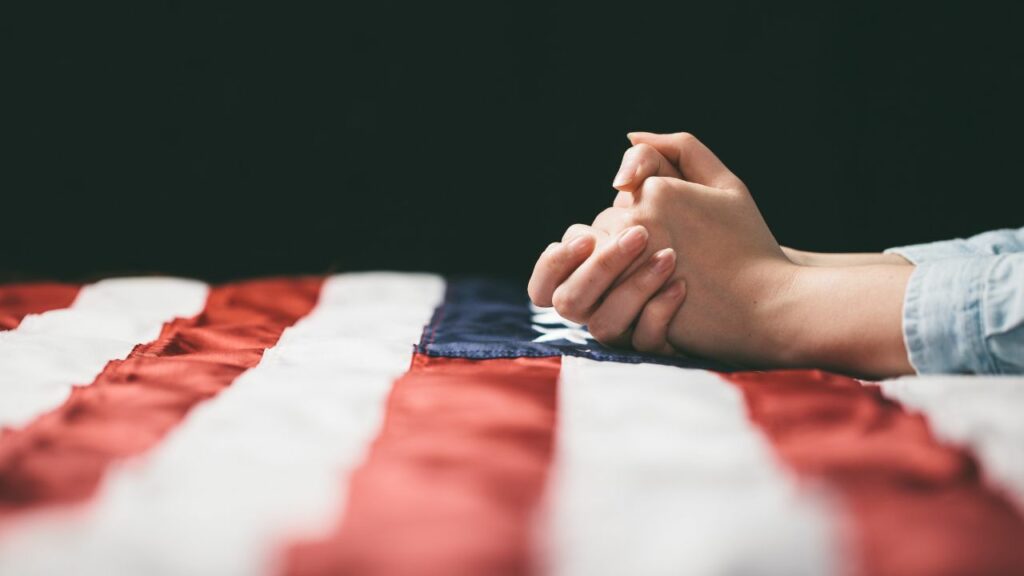
The origins of religious nationalism can be traced back to the early 20th century, where figures like Gerald Smith laid the ideological groundwork. Smith, a white supremacist clergyman, espoused Christian nationalist sentiments, advocating for an America First Party rooted in racial and religious superiority.
From Gerald Smith to the New Right
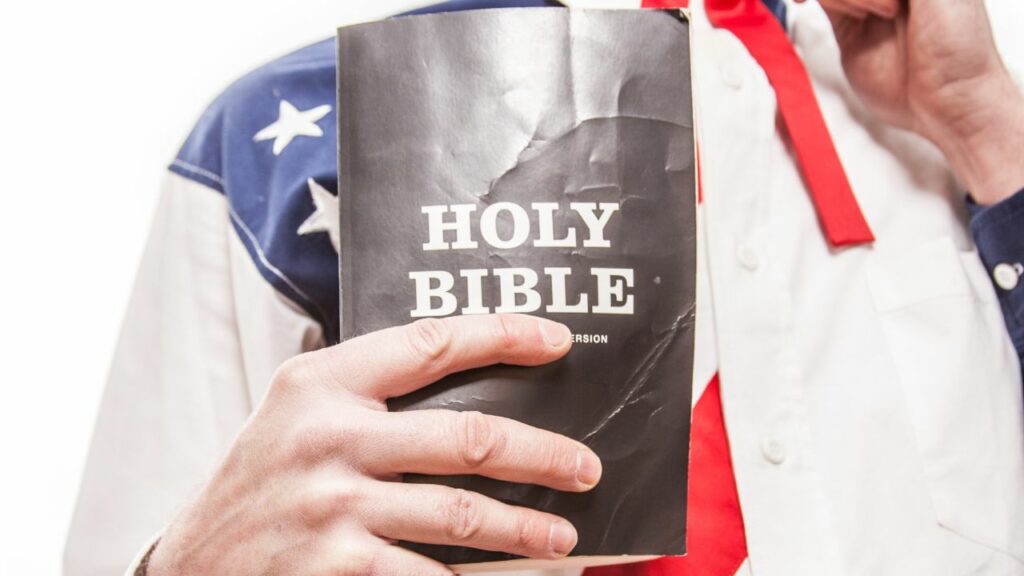
However, it was the emergence of the New Right in the late 1970s and early 1980s that solidified the alliance between conservative Christianity and right-wing politics. Led by activists like Paul Weyrich and Phyllis Schlafly, this movement sought to shift the Republican Party further to the right, away from perceived liberal influences.
Harnessing Abortion as a Political Weapon
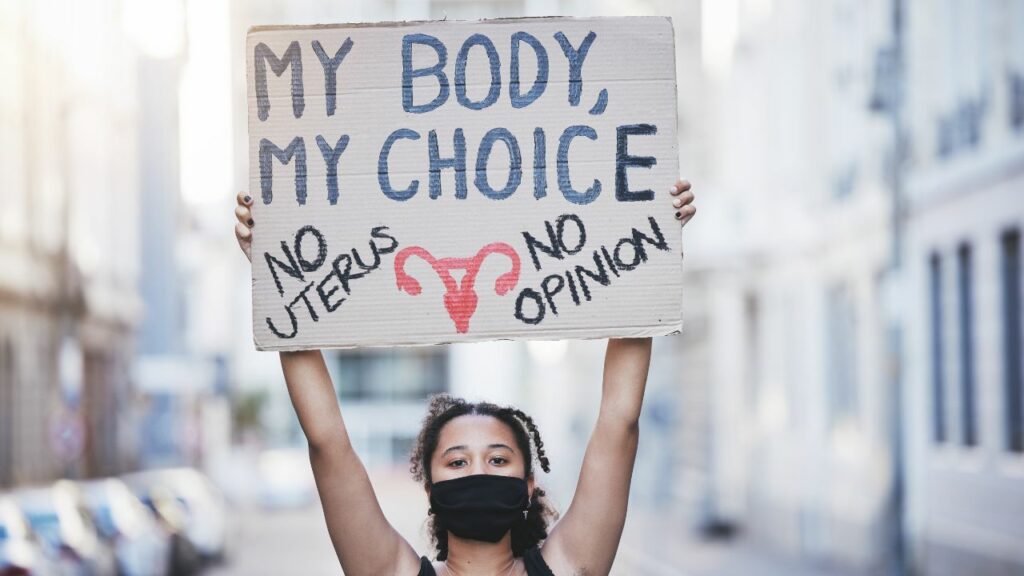
Central to the New Right’s strategy was the issue of abortion, strategically employed to galvanize conservative Christians and reshape the Republican Party’s platform. Through concerted efforts to purge pro-choice voices from the party, Christian nationalists succeeded in uniting disparate factions under a common cause.
Political Maneuvering
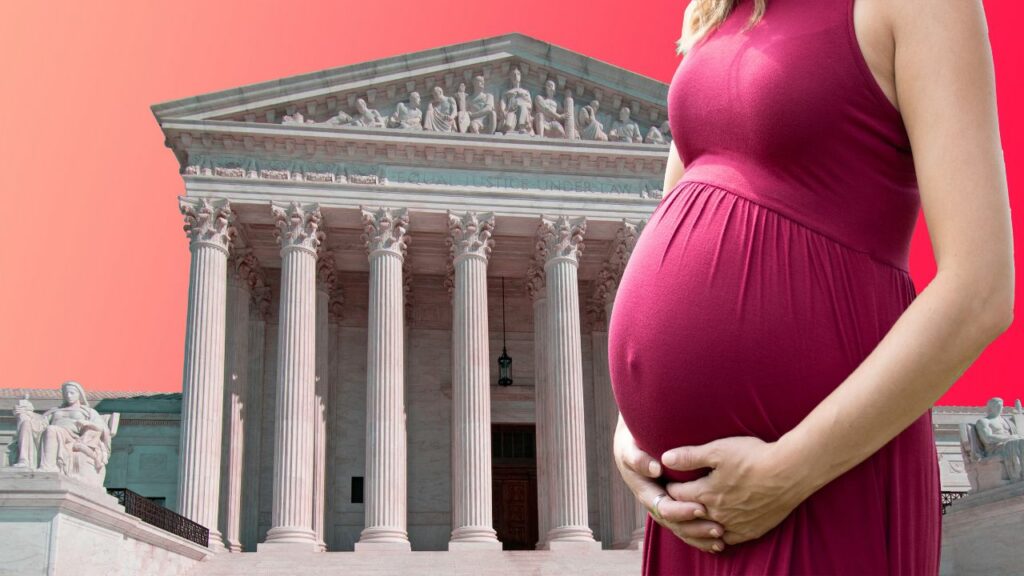
Phyllis Schlafly’s book, “How the Republican Party Became Pro-Life,” documents the meticulous efforts to transform the party into an anti-abortion stronghold, highlighting the political maneuvering behind the scenes.
Building a Political Machinery: Mobilization and Media Influence
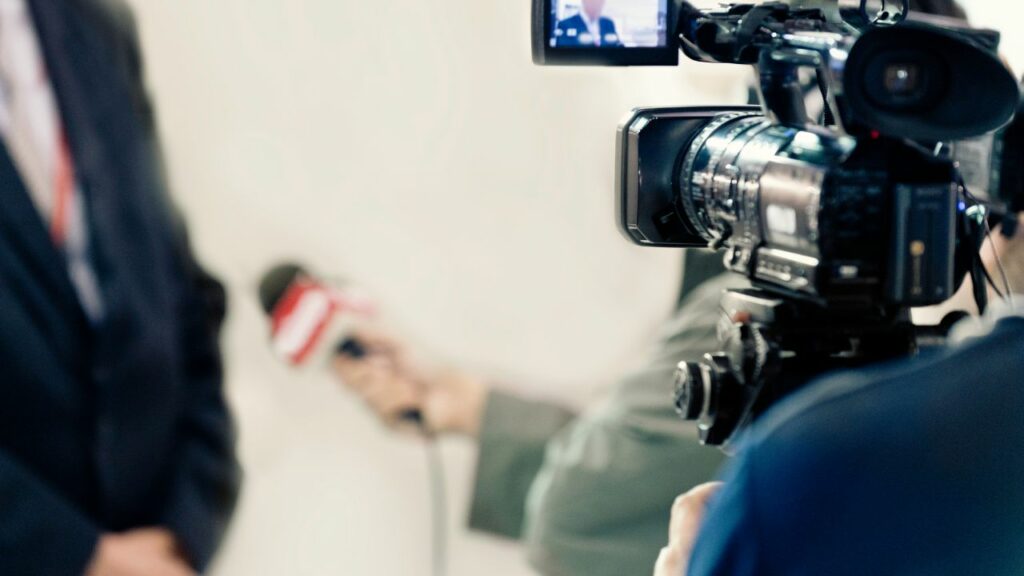
Beyond ideology, the religious right invested in a sophisticated organizational infrastructure aimed at mobilizing voters and amplifying their influence. Through policy groups, advocacy organizations, and networking initiatives, they cultivated a grassroots movement capable of swaying elections. Additionally, the utilization of media platforms, including AM radio and church radio, played a pivotal role in disseminating their narratives and shaping public opinion.
Expanding the Agenda

While abortion remains central, the religious right has expanded its agenda to include a myriad of cultural issues, from anti-vaccine sentiments to opposition to diversity programs in schools. By framing these issues within the context of religious freedom, they mobilize support and fuel polarization. Furthermore, efforts to undermine public education serve the dual purpose of advancing their ideological agenda while consolidating control over educational institutions.
Challenges and Backlash

Despite their successes, the religious right faces challenges and potential backlash, particularly regarding recent anti-abortion legislation. However, their alignment with political figures like Trump and their radical agenda pose significant threats to democratic norms and civil liberties. As the 2024 election approaches, the stakes have never been higher, with the outcome likely determining the trajectory of religious nationalism in the United States.
Navigating the Intersection of Faith and Politics
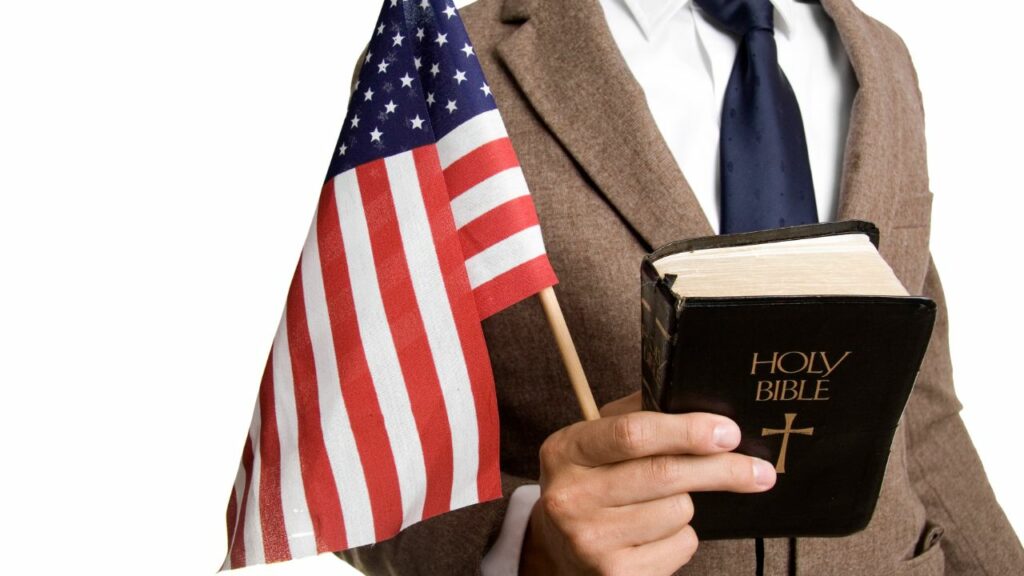
As the conversation between David Pakman and Katherine Stewart demonstrates, the intertwining of religion and politics continues to shape the landscape of American democracy. By understanding the historical origins and contemporary manifestations of religious nationalism, we can better navigate the complexities of faith-based politics and safeguard the principles of secular governance and pluralism.
Religion and Politics
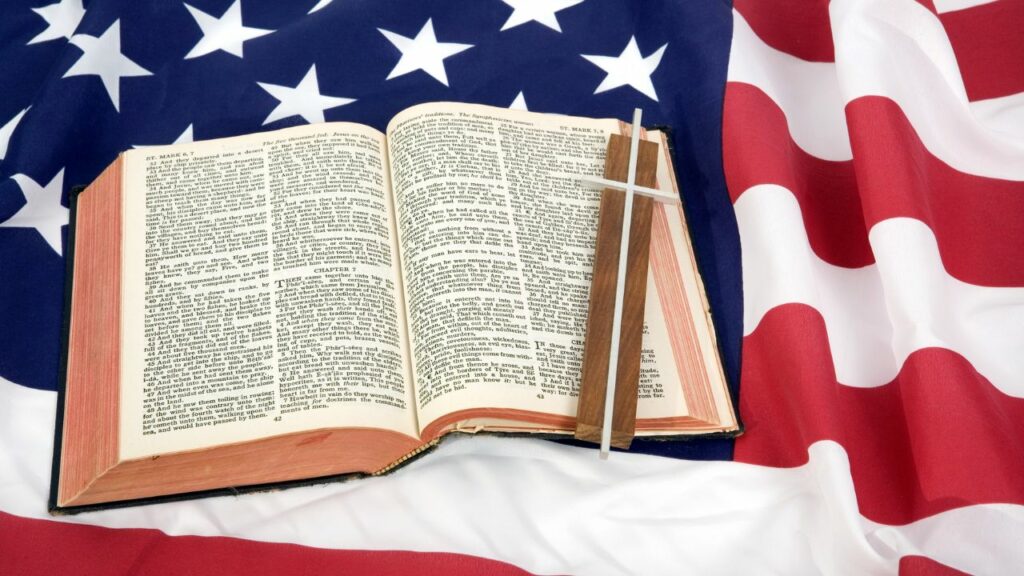
What are your thoughts? How do you perceive the relationship between religion and politics in modern America, especially considering the influence of religious nationalism within the Republican Party? Reflecting on the historical roots of religious nationalism, what parallels can you draw between past movements and the current political landscape?
Conservative Christianity and Right-wing Politics
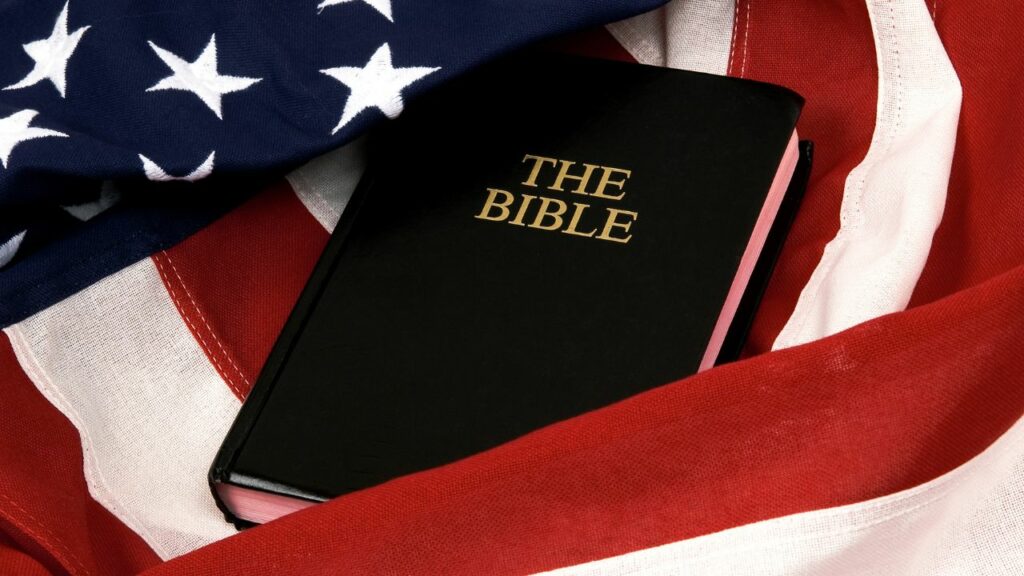
In what ways do you think the alliance between conservative Christianity and right-wing politics has shaped public discourse and policy-making in the United States? Considering the expansion of the religious right’s agenda beyond abortion, what implications does this have for issues such as public education, healthcare, and civil rights?
